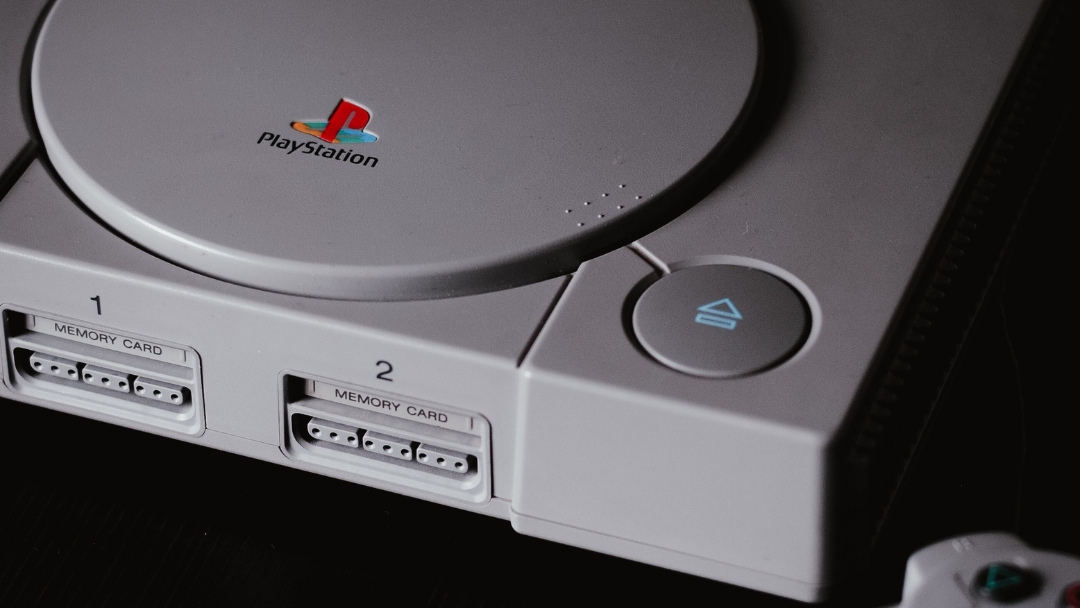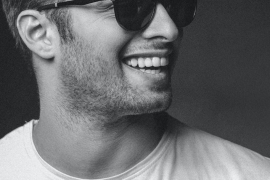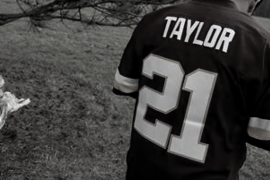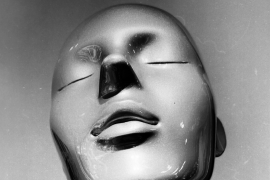I.
OH, SURE, HE LEARNED FROM HIS BUDDIES. Once, when he was four years old, his best friend reached into the back of his teddy bear and extracted a flask of Thunderbird.
“This is where I stash the good stuff.”
He took a swig, then pressed his pug nose and let out a yip. He extended the flask.
“Have a snort!”
This was new. But he cautiously accepted and took a sip. He began to cough uncontrollably.
“Geez, what a weenie!”
The words stung. Gritting his teeth, he managed to stop coughing, though his throat burned and his ears popped. He handed back the flask and resolved to be strong and never, never to be laughed at again.
Later that afternoon, when they were playing in the sandbox, his shovel struck something hard. He plunged his shovel again, levered it, and up popped a skull.
“Oh, there it is,” his friend said.
Through the back screen door, his mother called, “Come on in! There’s apple juice.”
Quickly his buddy starting pushing sand with his hands to cover the hollow grinning head. When he saw this, he joined in with his shovel to help. They buried it completely and patted the surface smooth and tidy.
Then they climbed the steps and went into the kitchen, where his mother was canning donuts. She paused in her work to pour them drinks in paper cups.
“Having fun?” she asked.
“Sure.”
They sipped their juice, and when her back was turned, his friend made a disgusted face. He giggled.
“Like it?” she asked.
“It’s wonderful!” his friend replied.
She wiped her hands and went back to her work.
His friend made another face, and he smirked back, because sharing the joke was better than being laughed at. Still, he felt confused. In his heart something revolted.
II.
Hell yes, hanging with this dude was quality time. Manning the PlayStations, eyes glued to the screen, they enjoyed a game of Reciprocity while conversing about Life.
“Did you see Lisa in that T-shirt?”
“Couldn’t take my eyes off her.”
Bing bing bing went the console. They were racking up a great score, sharing structures of vital nutrition and clusters of empathy, moving toward ever more subtle degrees of cooperation.
“When she wears that shirt, do you think it’s to seek our attention or is she critiquing objectification and thereby asserting her agency as a subject?”
“I wondered that, too.”
On the screen, they’d almost gathered enough pheophyton to launch photosynthesis, which was worth an extra 10,000 points.
“Performatively speaking, it reminds me of her purple tank top last week.”
“Bro, without iteration, nothing would be readable.”
Bing bing bing.
“OK! We’re ready for carbon capture!”
“Awesome.”
Bing bing bing.
“Think I should ask her out?”
“If you don’t, I will. Now that I’ve problematized my boner.”
His friend worked faster on his controller, generating still more points, and he bore down, too, adding to the score, though in his mind something seemed unaccounted for.
III.
Without doubt, travelling alone was a dispiriting business. On the train from the airport into the city he loosened his tie and stared out the dirt-streaked window. Buildings slid by, blobs of light, yellow and orange, pavements glistening blacker from a recent rain. He’d never been here before but it looked familiar. The same signs. On the road below, dark cars with faceless passengers.
He became aware of a tightness in his chest, a shortness of breath. A cold sweat made his shirt sticky.
He was smothering.
I have to get off, he told himself. Something’s not right.
He struggled to his feet, bumping a man across the aisle. I have to get off. He staggered several steps forward. The aisle curled and contracted. His briefcase slipped from his grip and fell with a thud.
A swim in darkness.
He awoke on the floor. His head hurt—he was lying on his back. Faces looked down. A woman was speaking on a phone, asking for help.
He didn’t know where he was. What had happened? All those faces around him. Why am I here? Then it occurred to him that he didn’t know who he was. Who? Who? He felt cut off from—everything. Utterly alone, as if somehow he had excluded himself.
It was terrifying.
He kicked his legs to run but nothing happened. He could go nowhere. Not in this hell. He moved his head back and forth but could not speak.
A man knelt beside him. The floor rocked and vibrated, wheels squeaked as the train rolled into the station. The man clasped his hand, black eyes looking down through gold wire-rimmed glasses. “It’s gonna be okay. You’re not alone.”
The pressure of the palm on his palm. Oh, how wonderful! A sob of gratitude burst from his chest.
“It’s okay, it’s okay,” the man said. “I’m your friend.”
He opened his mouth, struggling in his love. Air bubbled his spittle. He craved more of this world.
CHARLES HOLDEFER is an American writer based in Brussels. His stories have appeared in the New England Review, North American Review, Chicago Quarterly Review and in the Pushcart Prize anthology. His collection AGITPROP FOR BEDTIME was published in 2020. His novel, DON’T LOOK AT ME, about Emily Dickinson, basketball and the persistence of literature in a post-literary age, will be published in October 2022. Visit Charles at www.charlesholdefer.com
Like what you’re reading?
Get new stories or poetry sent to your inbox. Drop your email below to start >>>
OR grab a print issue
Stories, poems and essays in a beautifully designed magazine you can hold in your hands.
GO TO ISSUESNEW book release
Ghosts Caught on Film by Barrett Bowlin. Order the book of which Dan Chaon calls “is a thrilling first collection that marks a beginning for a major talent.”
GET THE BOOK




